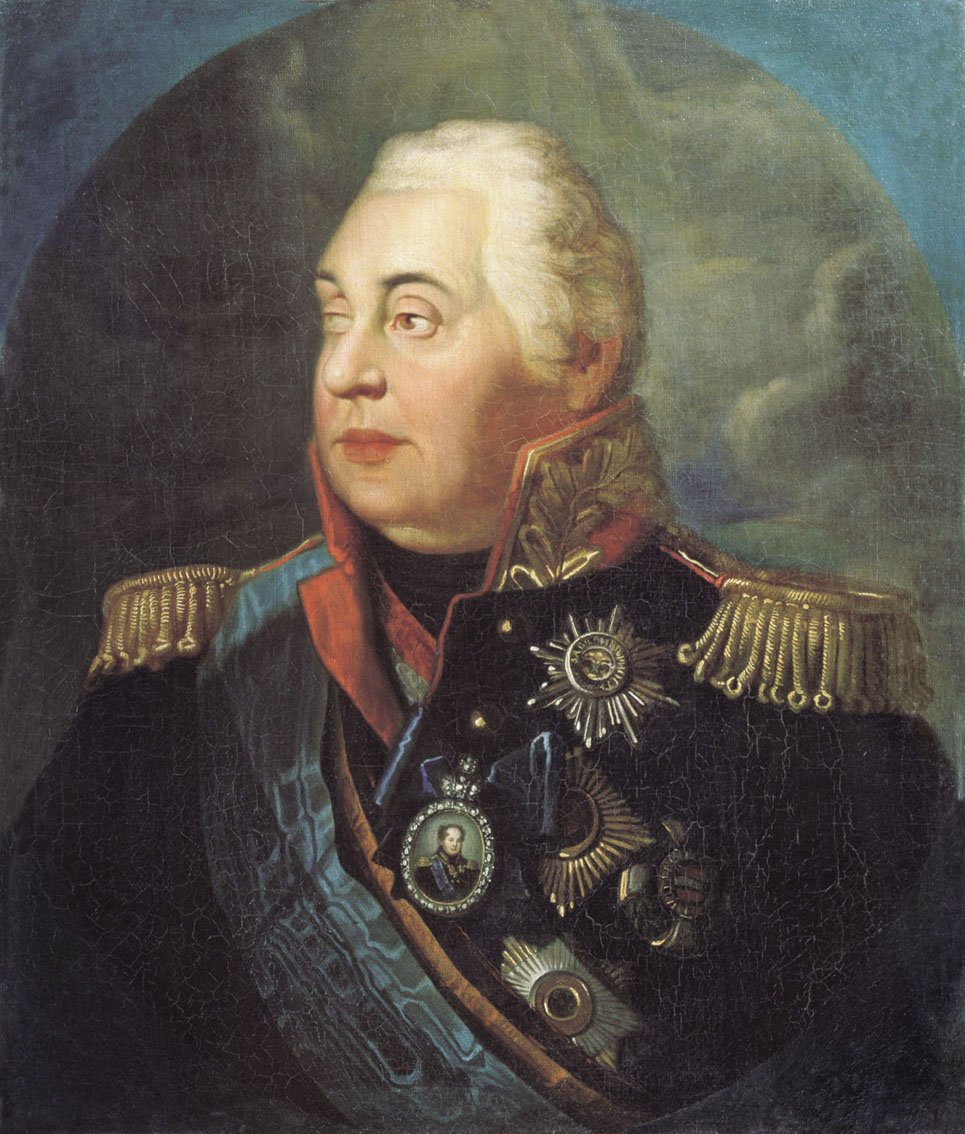
#OTD 28 December, 1812, Macdonald reoccupied Tilsit, where he reestablished his communications with Königsberg and waited for Yorck’s Prussians.
The Cossack envoys carrying Diebitsch’s intelligence about Yorck narrowly escaped capture by the French vanguard.
#Voicesfrom1812
The Cossack envoys carrying Diebitsch’s intelligence about Yorck narrowly escaped capture by the French vanguard.
#Voicesfrom1812

Grandjean’s division was leading the way from to Tilsit.
At 10 p.m. on the 27th, this foremost French column of the X Corps entered the town and expelled from it a Russian force under Lieutenant Colonel Tettenborn.
(Hartwich, Segur)
At 10 p.m. on the 27th, this foremost French column of the X Corps entered the town and expelled from it a Russian force under Lieutenant Colonel Tettenborn.
(Hartwich, Segur)
“The astounded inhabitants told us that the Russians had been there for eight days and had conducted themselves perfectly,” noted Hartwich, seeing the strategic speck on the Russo-Prussian border, so readily evacuated by by the enemy, in a disconcerting tranquil.
On the 28th, the advanced guard of Grandjean, commanded by Bachelu, continued pursuing Tettenborn’s forces from Tilsit to Regnitz, while the main French columns under Macdonald joined Grandjean at Tilsit.
Here, the marshal called for a day’s rest while waiting for Yorck. (S)
Here, the marshal called for a day’s rest while waiting for Yorck. (S)
Macdonald also reopened his line of communications with Murat’s headquarter in Königsberg. This rekindled his spirit:
“I informed General Yorck of the happy issue, and desired him to hasten his march; we had opened the way, and he might arrive the following day.”
(Macdonald)
“I informed General Yorck of the happy issue, and desired him to hasten his march; we had opened the way, and he might arrive the following day.”
(Macdonald)
En route to Regnitz, to the right side of Tilsit, the Prussian Leib-Husaren of Bachelu’s vanguard “had a clash with about 2,000 Kalmucks and a regiment of dragoons” belonging to D’Auvray. According to Hartwich, Bachelu “lost quite a few men” in the action.
(Hartwich)
(Hartwich)
During the seemingly unfruitful clash, they nearly seized the Cossacks carrying Diebitsch’s letter to D’Auvray.
“This letter, or rather scrap,” to cite Clausewitz, actually “contained an account..in French, briefly detailing how far progress had been made with General Yorck.”
“This letter, or rather scrap,” to cite Clausewitz, actually “contained an account..in French, briefly detailing how far progress had been made with General Yorck.”
Had the letter fallen into Bachelu’s hands, he would have sensed something other than fatigue in the Prussian officers’ complain, that “their vanguard marched unwillingly and carelessly, allowed itself to be surprised, and was thrown into disorder.” (Segur)
A stroke of luck, however, bypassed him, and instead landed on Uradnick, a Cossack officer who had fled with the letter.
Acceding to the Prussians’ clamor for respite, Bachelu entered Regnitz.
(Clausewitz, Segur)
Acceding to the Prussians’ clamor for respite, Bachelu entered Regnitz.
(Clausewitz, Segur)
During this time, Yorck was desperately sought after by both Macdonald and Diebitsch.
Then, at night, the latter ran into Clausewitz, just back from two days of frustratingly unproductive negotiation in Yorck’s heaquarter to obtain a categorical commitment from the general.
Then, at night, the latter ran into Clausewitz, just back from two days of frustratingly unproductive negotiation in Yorck’s heaquarter to obtain a categorical commitment from the general.
Diebitsch, looking “much discomposed,” broached the bad news to the young Major-that his letter to D’Auvray had been intercepted by the French at Regnitz, who were assuming Yorck to be marching after them from Tauroggen.
(Clausewitz)
(Clausewitz)
Going “beside himself at the reflection of being chargeable with this misfortune to the Prussian,” he sent Clausewitz again on a shady mission.
With “supplicatory language,” the general urged him to “return immediately to General York, to make an honourable confession.”
With “supplicatory language,” the general urged him to “return immediately to General York, to make an honourable confession.”
“The commission was not a pleasant one, but the Author willingly undertook,” wrote Clausewitz.
But this day showed no lack of reversals; as soon as he opened the door, Uradnick broke into the room, panting out that “he had been attacked, and his people dispersed.”
(Ibid)
But this day showed no lack of reversals; as soon as he opened the door, Uradnick broke into the room, panting out that “he had been attacked, and his people dispersed.”
(Ibid)
According to Clausewitz’s recollection, Diebitsch ran toward the messenger, creating a scene:
“‘And the letter?’ cried the General in haste.
‘It is here,’ quietly replied the Cossack, holding it out to the General. The latter fell on the neck of the Author, and wept.”
“‘And the letter?’ cried the General in haste.
‘It is here,’ quietly replied the Cossack, holding it out to the General. The latter fell on the neck of the Author, and wept.”
-The End-
Thank you for all the birthday wishes. Like Clausewitz I was saved from another all nighter today 🎂
Thank you for all the birthday wishes. Like Clausewitz I was saved from another all nighter today 🎂
@threadreaderapp Unroll.
• • •
Missing some Tweet in this thread? You can try to
force a refresh











